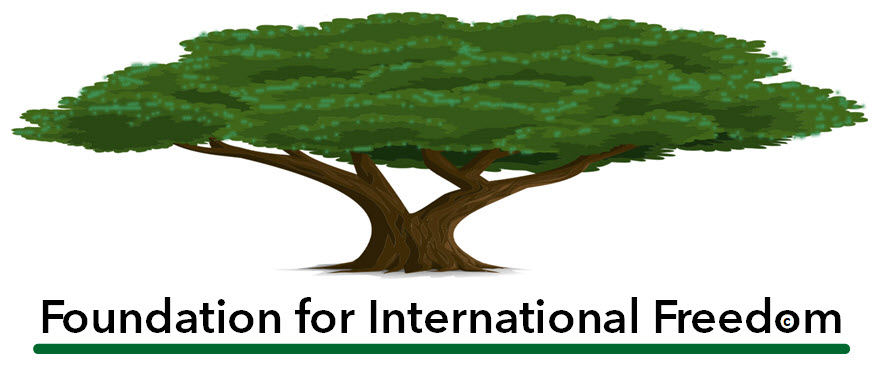The Jasmine Revolution
The event which has had the greatest historical impact of this year was the “Jasmine Revolution” in Tunisia which began with street demonstrations in December 2010 protesting the repressive government. On December 17th the self-immolation of a street vendor triggered a massive revolt of the people of Tunis which resulted in the fall of President Zine el Abadine Ben Ali, the strongman who ruled the country for twenty-three years. On January 15, 2011 he fled the country for the safe haven of Saudi Arabia.
The events in Tunisia were watched with considerable apprehension by the autocratic leaders throughout the Arab world, most notably in Algeria, Egypt, Yemen and Jordan. The Shi’ia theocratic regime in Iran which violently suppressed the “Green Revolution” in June 2009 was reminded of the power of the people. If tiny Tunisia could sack their leader, who would be next? We did not have long to wait.
Egypt – The First Domino
In his book “The Second World” written in 2008 Paraq Khanna concluded that Egypt was ripe for a revolution, This observation proved prescient, for on Tuesday, January 25th, now called the “Day of Rage”, huge crowds formed in Tahrir Square in Cairo. The demonstrators were generally peaceful, and the Epyptian Army showed considerable restraint. The government response was to shut down the Internet and Al Jazeera. President Mubarak stated on February 10th that he would transfer powers of the presidency to his newly appointed Vice President, Omar Suleiman. Today, STRATFOR reported (see full article, below) that “President Hosni Mubarak has decided to step down from the office of president of the republic and has charged the high council of the armed forces to administer the affairs of the country.”
To this extent, the protestors have succeeded in their primary objective, the removal of President Mubarak, but the country is far from having achieved a truly representative government. Thus, the revolution is already a partial victory for freedom, showing the changes that can be accomplished by unified popular and peaceful dissent.
Our Position
The mission of the Foundation of International Freedom is to preserve and expand the core values of Western civilization. These values include the respect for individual rights of citizens, freedoms of speech, press and religion, separation of church and state, independent judiciary, representative government, right to own property, free market economies and racial and gender equality.
Accordingly, we strongly endorse the efforts of all of the peoples of the Arab countries to replace their authoritarian regimes with some form of representative government. We are well aware of the challenges facing any new democracy from fundamentalist groups such as the Muslim Brotherhood. However, if Egypt follows the Turkish model where the military is predominantly secular with an officer corps with Western training that is generally held in high regard, it appears likely that they can limit the power of the Islamic fundamentalist groups. Of course, this is the Middle East, and nothing can be predicted with great certainty.
Conclusion:
Our hope is that the Tunisian revolution will come to be regarded as the pebble in the pond which resulted in a Tsunami wave of freedom which will eventually sweep over the entire Middle East. How and when this will occur in each country will certainly differ.
Although we certainly recognize the strategic realities which have resulted in the American government supporting a number of very repressive regimes, however, the guiding principal is that the Foundation of International Freedom is always on the side of the people, trusting that in the long term this policy is more sustainable than keeping autocratic regimes in power in the quest for stability.
Your comments are welcomed.
Byron
Byron K. Varme, Executive Director
February 11, 2011
